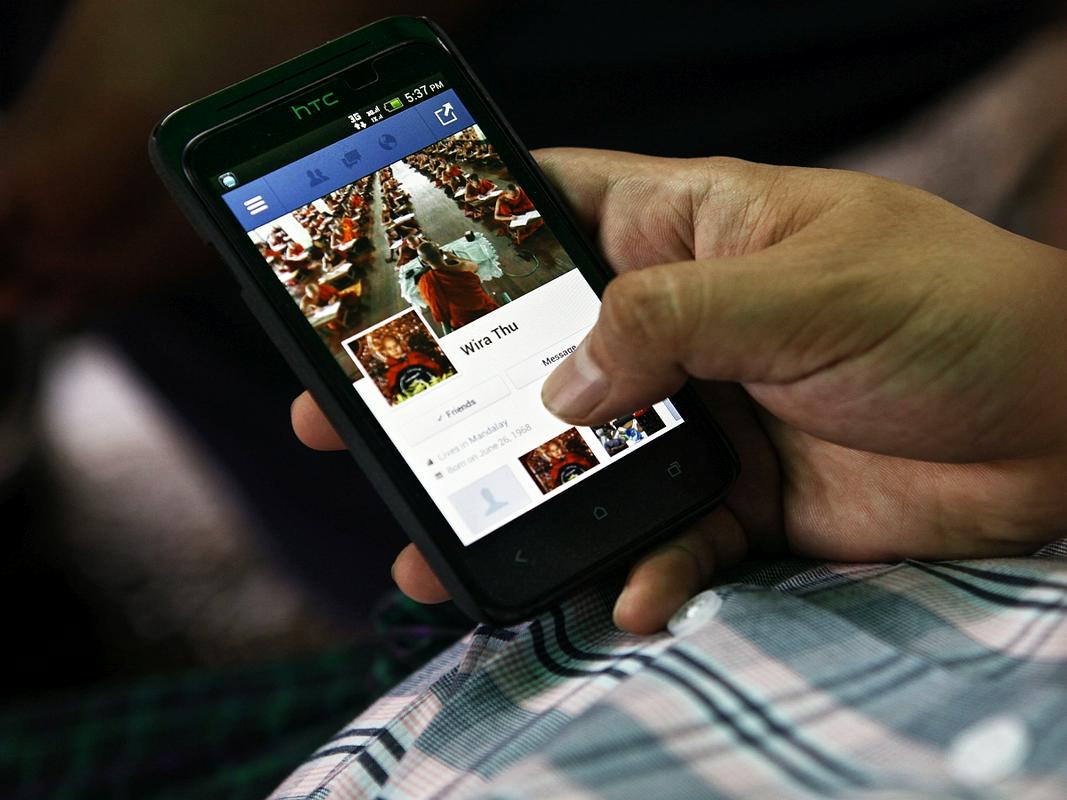
The research on Power of Words, conducted by the Faculty of Social Sciences in cooperation with the Slovenian Association of Friends of Youth and Itak trade mark, is the first systematic research of online violence among the youth, often representing just another channel for harassment previously manifested in a physical form.
Among the target group between the age of 15 and 25, almost 60% of the respondents have at one time received an offensive SMS text message, more than 47% an insulting comment at social networks, 35% false information regarding their person, and 32% of the respondents have noticed a hostile message about them at social networks.
More than 11% of the respondents believe that they have been embarrassed online, 9% claim that they have been deceived online, more than 8% that they have been stalked online, and more than 7% complain of being excluded from online communication by their circle of friends.
"The research does not imply a considerable increase of online violence, and foreign researches also show that the quantity of online violence has remained unchanged through years," Dejan Jontes From the Faculty of Social Sciences explained at the presentation of the results of the research. But still, this is a topic which should be subjected to a wider discussion, as the young people often do not consult their parents when exposed to online violence.
The reason is mostly the inexperience of parents with new forms of online activities, as the young people keep up with new applications. Therefore they are left on their own when facing online violence.
The research showed that the number of offensive comments is smaller at social networks where the users are not anonymous, and in case of insults young users usually block offensive users by themselves (60%), or report them (25%).
However, such actions do not solve the source of the problem. The authors of the research claim that the young people should be properly educated, but prior to that the online environment should be "demystified as a space where nothing but dangers lies in wait for the youth." The research also showed that the young people feel much more threatened online than they actually are.
L. L.
Translated by G. K.

































































